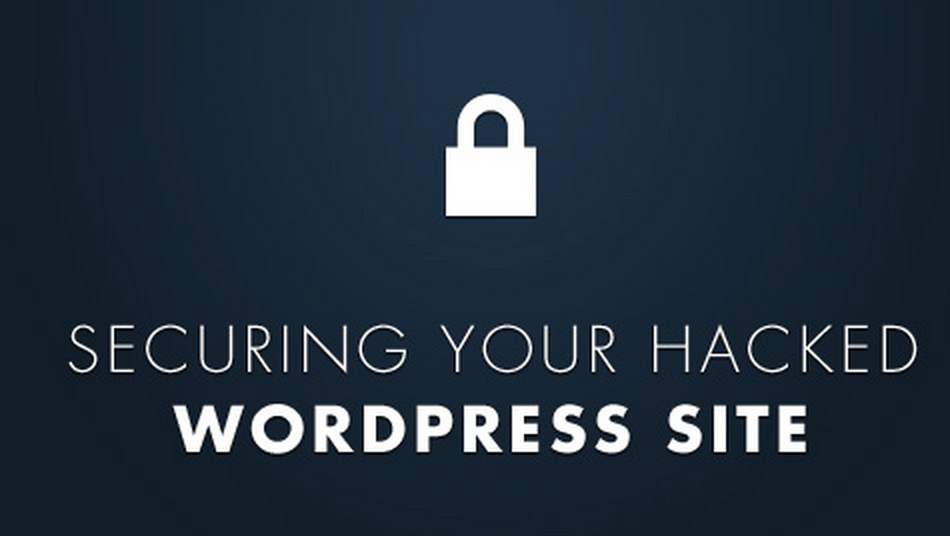With WordPress powering 61% of CMS based websites, it has become a lucrative target for hackers. Google blacklisting for phishing and email blacklisting for spamming is quite common in WordPress hosting. A well maintained WordPress site is immune to hacking, but in shared hosting, the majority of WordPress websites will be un-patched, and vulnerable to hacking.
Through a few simple strategies, it is possible to make WordPress immune to hacking.
Securing the web server through web application firewalls
The efficiency of a web application firewall largely depends on how quickly the firewall is able to include zero day WordPress exploits into their signature database. While commercial signatures gave close to 100% detection rates, free rules from Comodo, AtomiCorp, etc for the mod_security Apache module is good enough to prevent more than 95% of exploit attempts. Additionally, we were able to extend the malware detection capability of mod_security module by integrating it with ClamAV anti-virus software.
Enabling auto-upgrade for WordPress installations
Since WordPress v3.7, automatic security updates are switched on by default, and wouldn’t break anyone’s site. We further extended this feature by plugins like Advanced Automatic Updates, which can upgrade plugins and themes as well. For customers who chose security over extensive customization, the full-auto-upgrade worked very well in preventing website exploits.
File upload scanning through FTP
Compromised FTP accounts are another major source of malware uploads. Desktops, laptops and mobile devices get infected with trojans all the time, and web masters losing their FTP login details are a common cause of malware uploads. We put a block on this channel by deploying file upload scanners. For those web hosts who didnt want a commercial solution, we have been able to integrate ClamAV scanner into FTP services. This, along with loading anti-virus signatures from various free sources like LMD, SaneSecurity, etc, ensured that malware uploads no longer happens in the servers.
If your website is constantly being hacked, send us a note we would be happy to chat
About Kappy Prasad
Founder & CEO at iNode Cloud

